Weddings are lively affairs, full of excitement and commotion. While the hustle and bustle can be stressful for anyone, a wedding can be downright overwhelming for neurodivergent guests. We share ways to ensure ALL of your guests feel comfortable.
With so many loved ones attending your wedding, there’s a good chance you’ll host someone with autism, ADHD, synesthesia, OCD, or other neurological conditions. To support neurodivergent friends and family, it’s important to identify potential triggers and prepare safeguards to ensure every guest’s comfort.
Sensory overload from loud music, overstimulation from bright lights, anxiety from unpredictable timelines, and discomfort from sitting still for too long are just a few examples of how a celebratory occasion can turn into a troublesome ordeal for a neurodivergent individual.
Fortunately, by reading this, you’re already making the kind, compassionate choice to protect your loved ones from possible triggers on your wedding day. Such forethought will allow everyone to enjoy your big day and create positive memories with one another!
Here are four simple strategies to plan a wedding that is inclusive and welcoming to the neurodivergent people in your life.
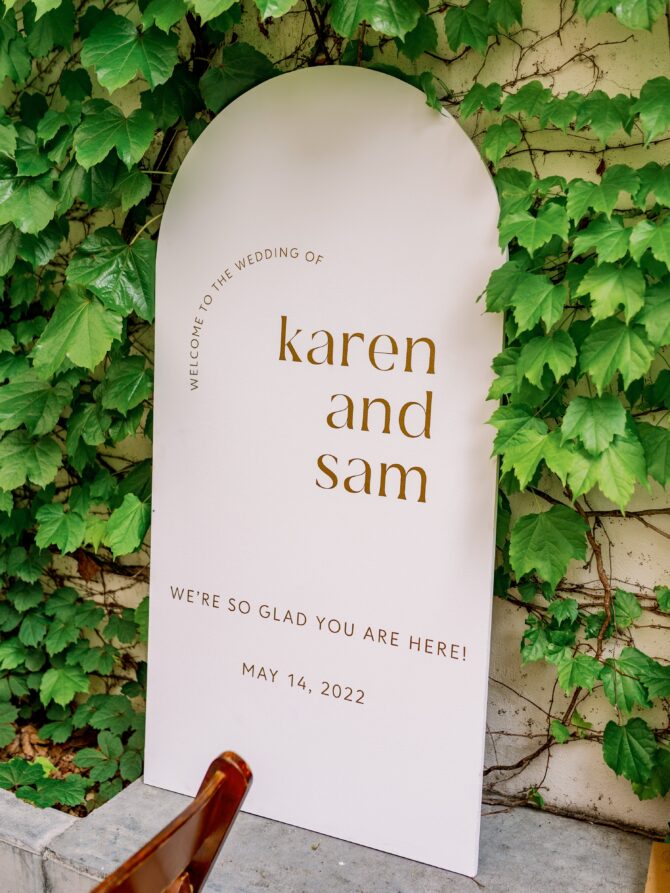
Make it easy to navigate
Some neurological disorders make it challenging to create and execute plans for the future. Things like meal planning or household chores can feel insurmountable, so don’t be surprised if some of your loved ones struggle to prepare for your wedding.
Wedding photographer Jenna Brisson shares that she has ADHD and explains how executive dysfunction can make it difficult to “plan, organize, and manage our time.” And since weddings often involve many steps (sending RSVPs, booking accommodations, selecting an outfit, etc.), neurodivergent guests might have a hard time getting it all done.
To help them with the process, Brisson recommends “providing clear, easy-to-read instructions for where and when your guests need to be when creating your wedding website, save-the-dates, invitation suite, and wedding day signage.”
She also notes that “dyslexia is considered a neurodivergent condition as well, so being mindful of an easy-to-read font choice would be thoughtful, too.”
The more you can support your guests during the planning process, the better experience they’ll have when attending your big day. You might even ask a wedding party member to check in with certain guests to help them check off some boxes!
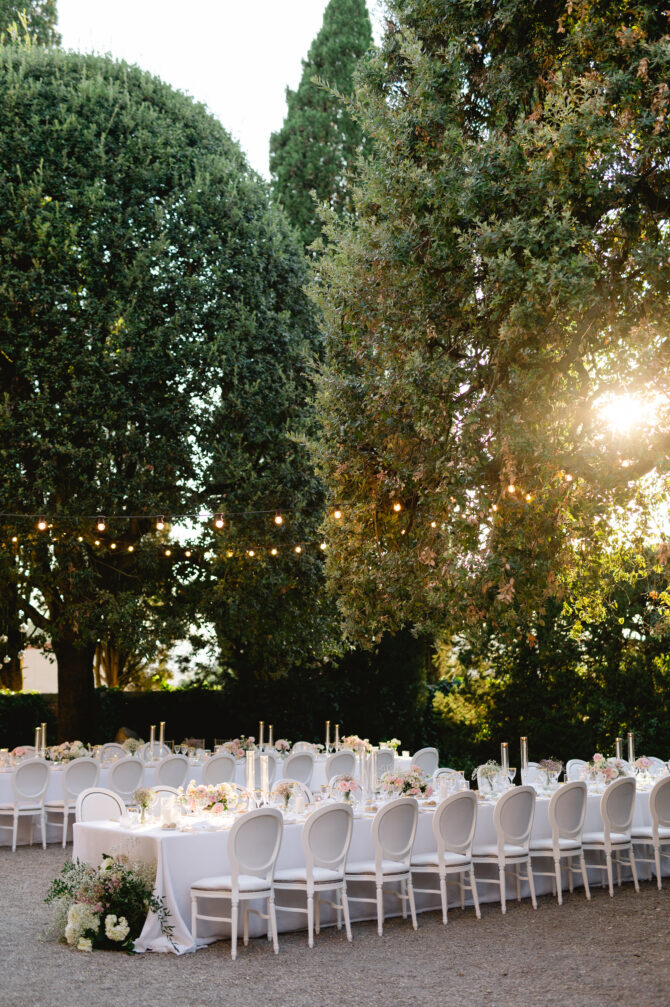
Hire inclusive, supportive wedding vendors
Your day-of vendor team is there to support you, which means they’re also tasked with ensuring guest comfort. If you know some of your loved ones are neurodivergent (even if it’s just a few!), pay extra mind to who you hire and who will be onsite for the wedding.
Wedding professionals who understand neurodivergent needs can suggest ways to accommodate guests with disorders or disabilities, particularly in a busy event setting.
For example, “a skilled photographer who is aware of the particular needs will prevent guests from feeling anxious or uncomfortable and will result in natural, candid shots without awkward posed photos for your forever memories,” says Mangia and Enjoy!’s Sarah Chianese.
Megan Breukelman of Megan & Kenneth agrees, noting that some people “face sensory issues with typical wedding reception music, lighting, and photography flashes.” As best as possible, she encourages “couples to communicate potential accommodations ahead of time so DJs, bands, photographers, and videographers can adjust accordingly.”
Knowing you have a team of well-informed professionals will provide assurance that your wedding will be a safe space while guaranteeing expert support on the big day itself.
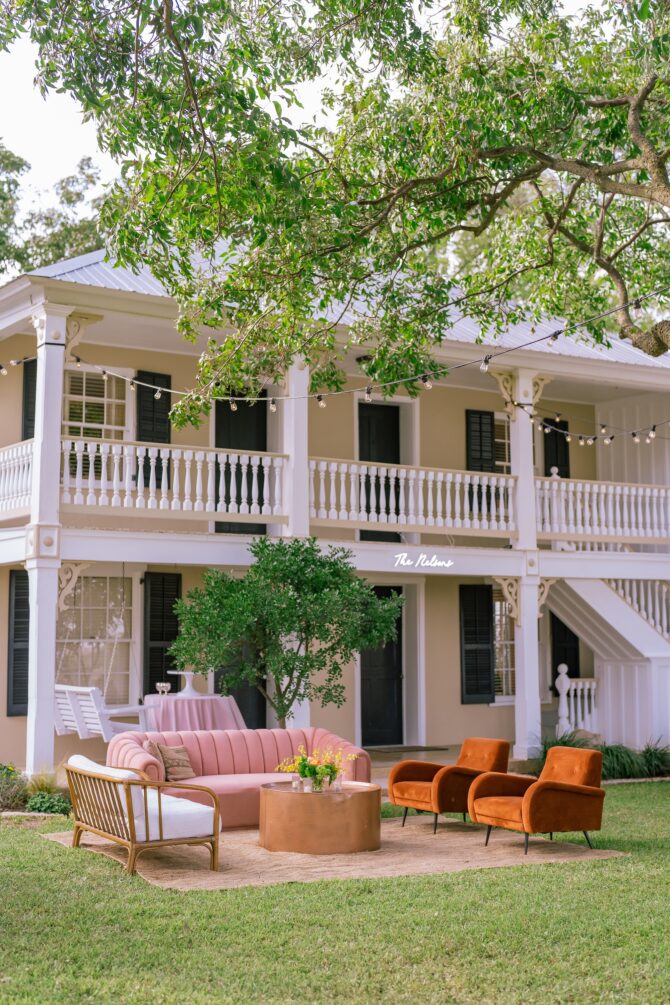
Create sensory buffers
Loud noises and bright lights can cause neurodivergent people to feel overstimulated and distressed. Removing the trigger is often enough to ease the burden, but you can’t just turn off the music or stop photographers from taking pictures at your wedding.
Instead, Jen Sulak of Weirdo Weddings recommends creating “a safe space for those with any sensory issues,” which can be as simple as “a small room or quiet spot in your venue/area that can host a break from overstimulation or sensory processing.”
You can also “provide fun wedding-branded earplugs or shades to help them manage sensory overload,” suggests Shantel Campbell of Wedding Venue Map. That way, you can help guests ward off any displeasure without creating shame.
For some, especially those with autism or ADHD, understimulation is just as triggering as overstimulation. “When asked to sit for long periods of time, neurodivergent guests may become restless and find it hard to focus on the events at hand,” Brisson explains. As a result, things like ceremony readings and toasts may be unpleasant for some guests.
“Finding a way to provide them with something to fidget with, for example, could be a great way to keep their hands occupied and help them feel calm while staying focused,” Brisson continues. Fidget toys are popular and highly accessible these days, so think about providing pop-its, stress balls, or mess-free putty. (Just make sure they are quiet!) Markers and paper can also serve well in a pinch.
Accommodate for early departures
You can take all the precautions; some guests might still need an early exit. Socializing can consume a lot of energy for neurodivergent folks, leaving them fatigued and low on spoons. So, if you see anyone heading home to recharge, don’t take it personally and follow up with them later to thank them for being a part of your big day.
You can also go the extra mile by taking additional measures to ease their departure. For example, Breukelman suggests looking for wedding venues “that offer on-site accommodations, like hotels and resorts.” That way, it’s as simple as returning to one’s room to decompress. (They might even return later after adequate rest!)
“Alternatively, you can arrange for an additional shuttle loop during reception for guests who may need to leave at an earlier time,” Breukelman adds.
Setting up systems to accommodate neurodivergent guests can allow them to soak in the day's energy without feeling trapped or uncomfortable. It also prevents potential outbursts or distractions from interrupting your celebration.
But making plans to support your loved ones isn’t just a matter of comfort or logistics but of acceptance and kindness. Showing care toward neurodivergent guests can spread awareness to others and cultivate more understanding of what it means to be different.
“Normalizing the idea of being neurodiverse goes a long way in providing a celebration that is inclusive of all people,” assures Keith Willard of Keith Willard Events. “It takes so little to have a few tools available for guests in need of some special consideration. Why wouldn't you provide earplugs, a quiet space, and, most of all, understanding?”
Your wedding day is an opportunity to celebrate love — not just between you and your partner, but with your favorite people. If you’re concerned about some guests feeling stressed throughout the day, apply these practical tips to ensure your celebration is enjoyable, accessible, and inclusive for all!
Cover Photo: Jonathan Borba; Photo 1: Stories by Victoria; Photo 2: Niki Marie Photography; Photo 3: Caroline's Collective





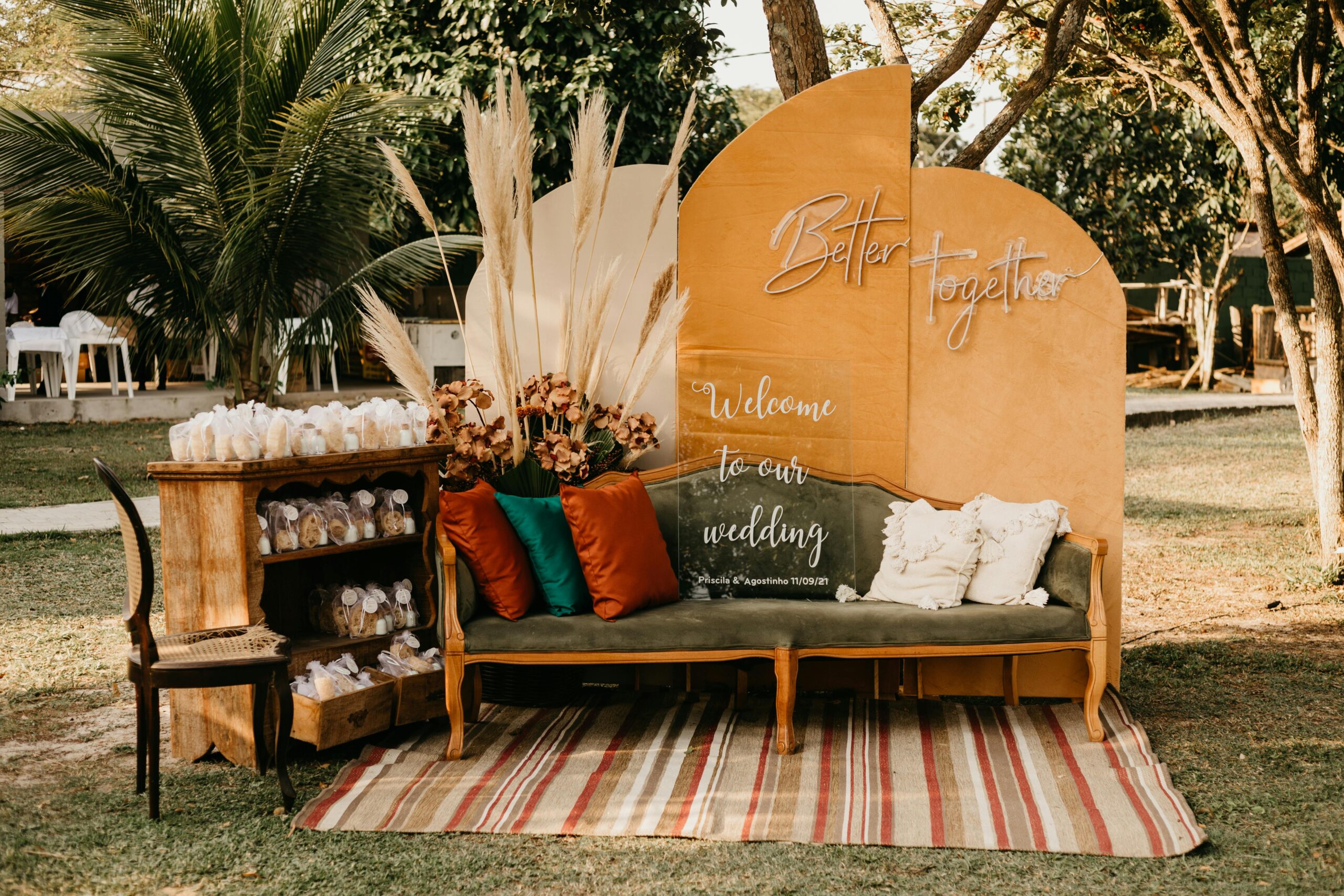

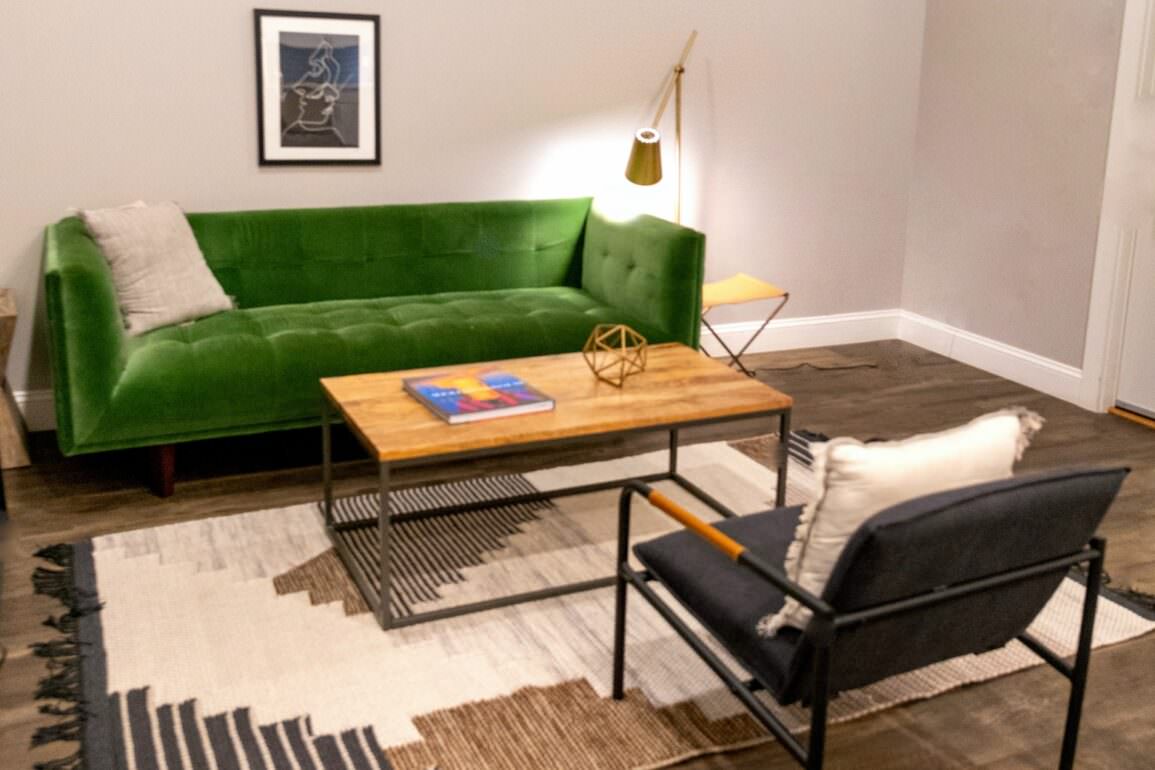
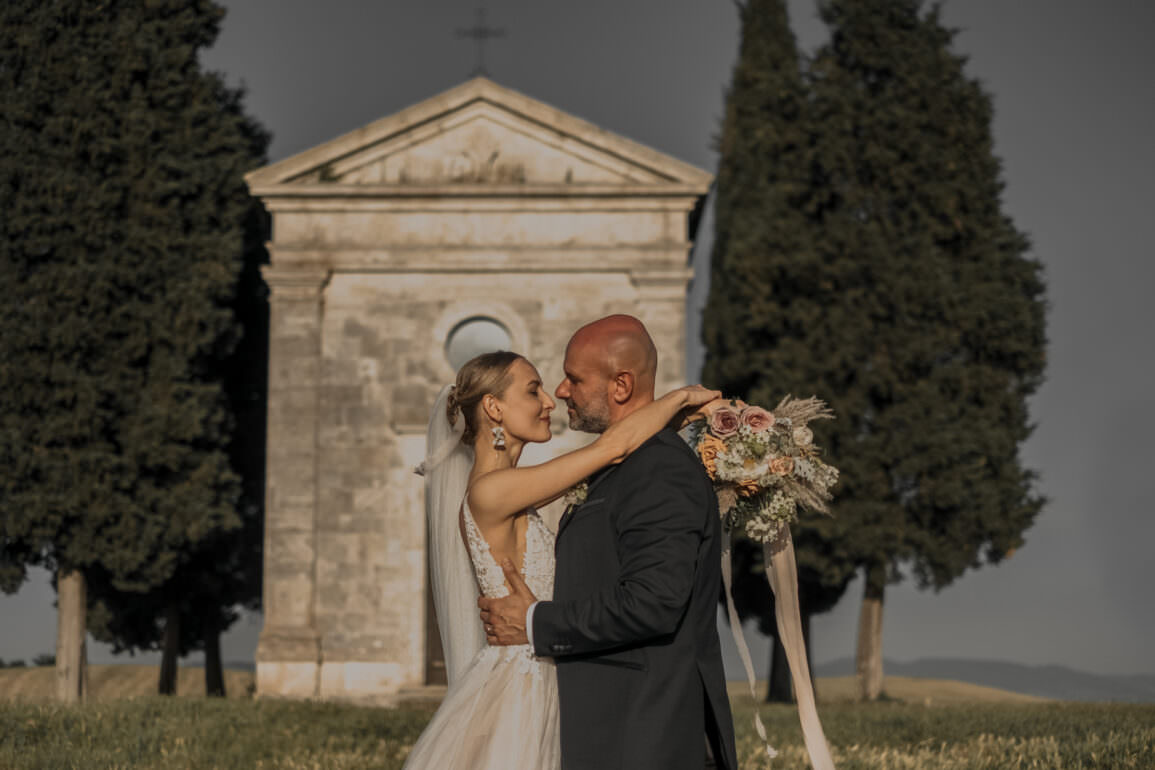
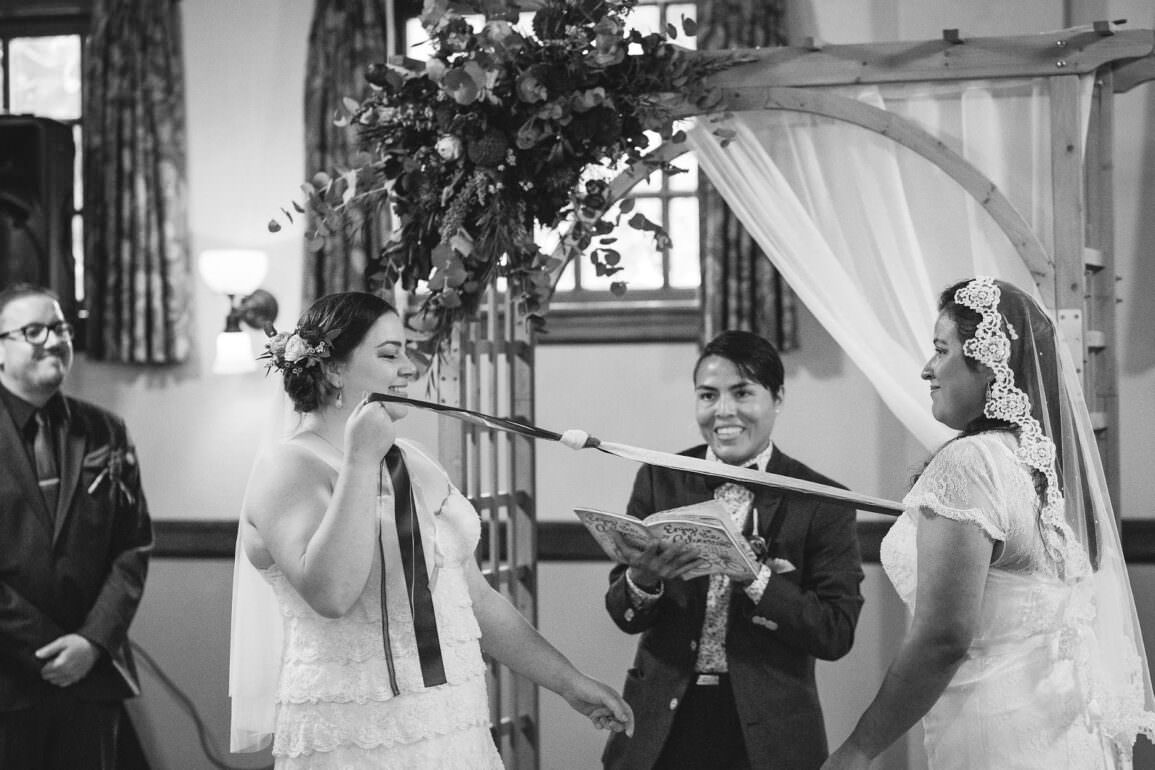


You must be logged in to post a comment.